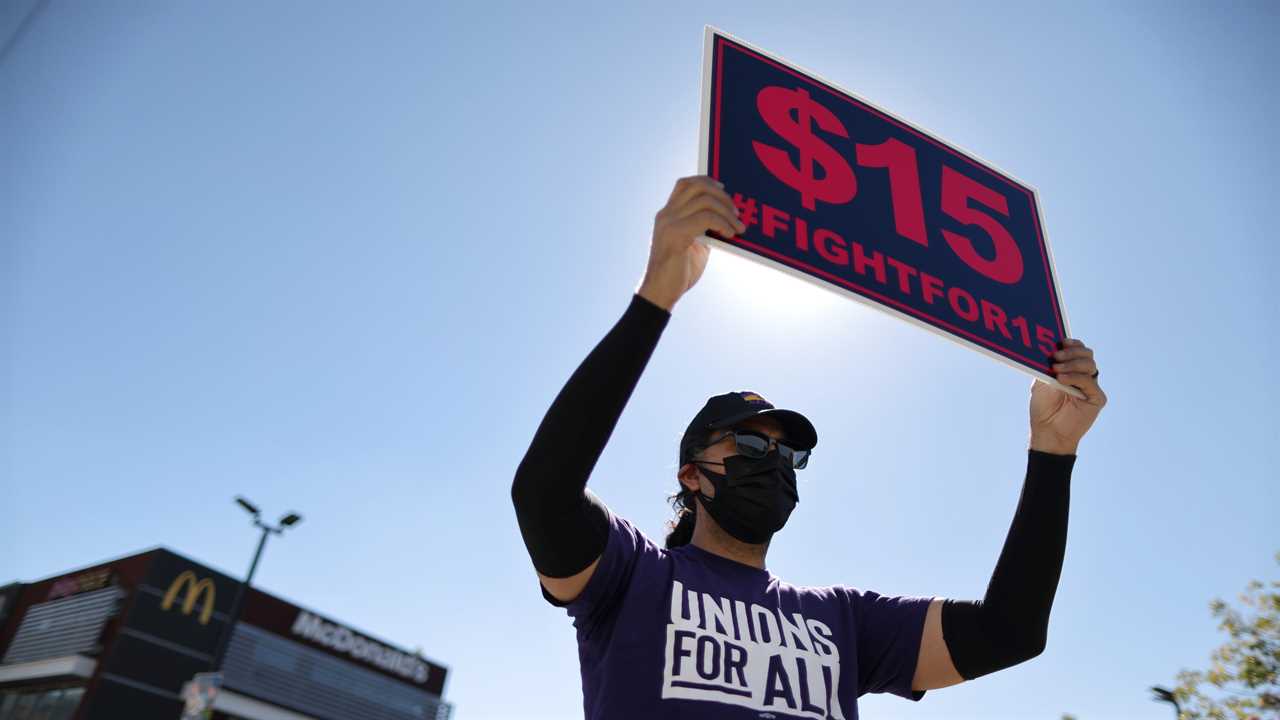
WASHINGTON — Democrats suffered a critical defeat in their bid to preserve President Biden’s $1.9 trillion stimulus package on Thursday after the Senate’s top rule enforcer said a plan to increase the federal minimum wage could not advance as part of it, effectively knocking out a crucial piece of his plan backed by progressives.
Elizabeth MacDonough, the Senate parliamentarian, told senators and staff that the provision, which would gradually increase the wage to $15 an hour by 2025, violated the strict budgetary rules that limit what can be included in the package, two aides said on Thursday. The aides disclosed the ruling on condition of anonymity because they were not authorized to comment on it.
The House is expected to vote on the $1.9 trillion package as early as Friday, with the wage increase included, and it was not clear whether the decision would alter their plans. But it gave Republicans grounds to jettison the provision when the Senate considers the stimulus measure shortly after under a fast-track process known as budget reconciliation, which shields it from a filibuster, allowing it to pass without Republican support.
Democrats are working to win enactment of the pandemic aid package before mid-March, when federal unemployment benefits begin to lapse. Doing so through reconciliation ensures speed, but it also comes with stringent rules that aim to prevent the process from being abused for policy initiatives that have no direct effect on the federal budget.
Republicans had argued that the minimum wage increase championed by Mr. Biden and top Senate Democrats was such an abuse, in part because it had a “merely incidental” effect on the budget. Ms. MacDonough, the arbiter of Senate procedure, agreed, ruling that it was in violation of the so-called Byrd Rule, named for former Senator Robert Byrd, Democrat of West Virginia and a master of procedural tactics.
The fate of the provision had long been tenuous in the Senate, particularly because two moderates, Senators Joe Manchin III of West Virginia and Kyrsten Sinema of Arizona, have publicly said they do not support such a large increase to the federal minimum wage.
While the majority typically follows advice from the parliamentarian, Democrats could also try to overrule her guidance, forcing a vote and effectively insisting on including the wage increase in the legislation anyway. Before the ruling, top Democrats had signaled that they would not support taking such an unusual step, and it was not clear whether they could muster a majority for doing so.






